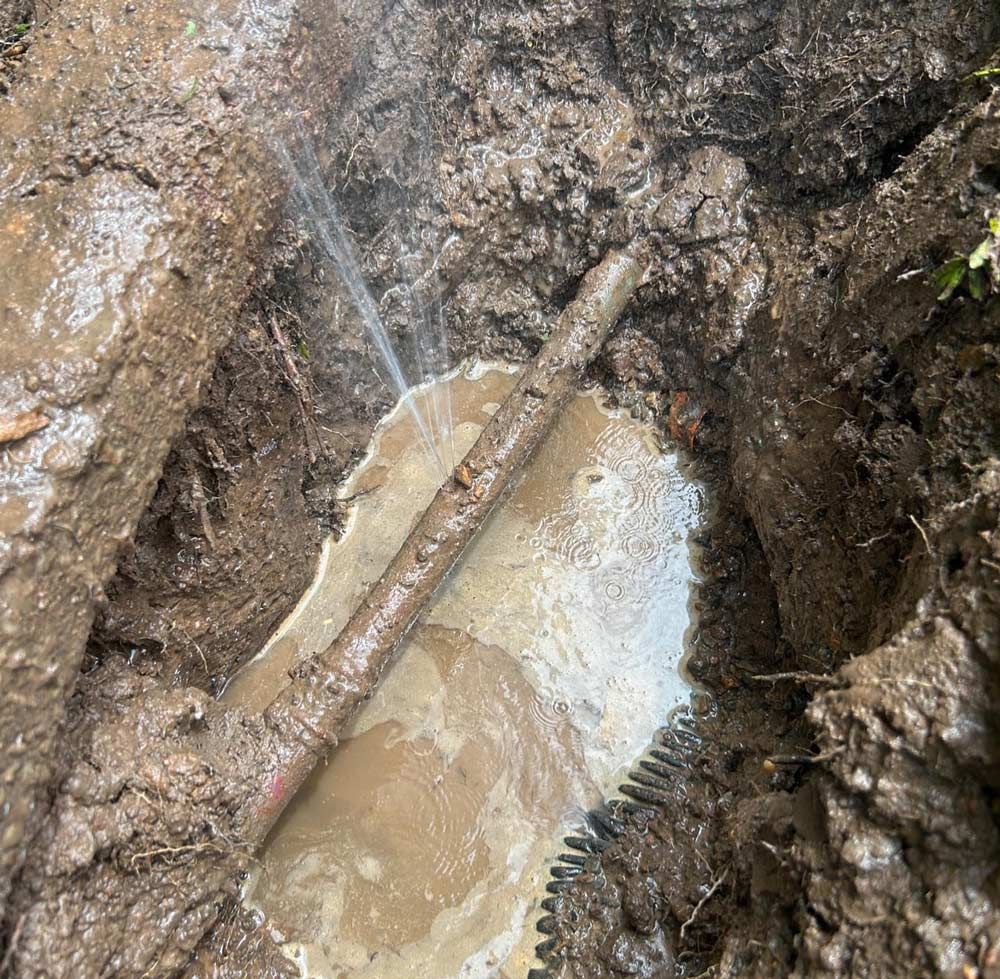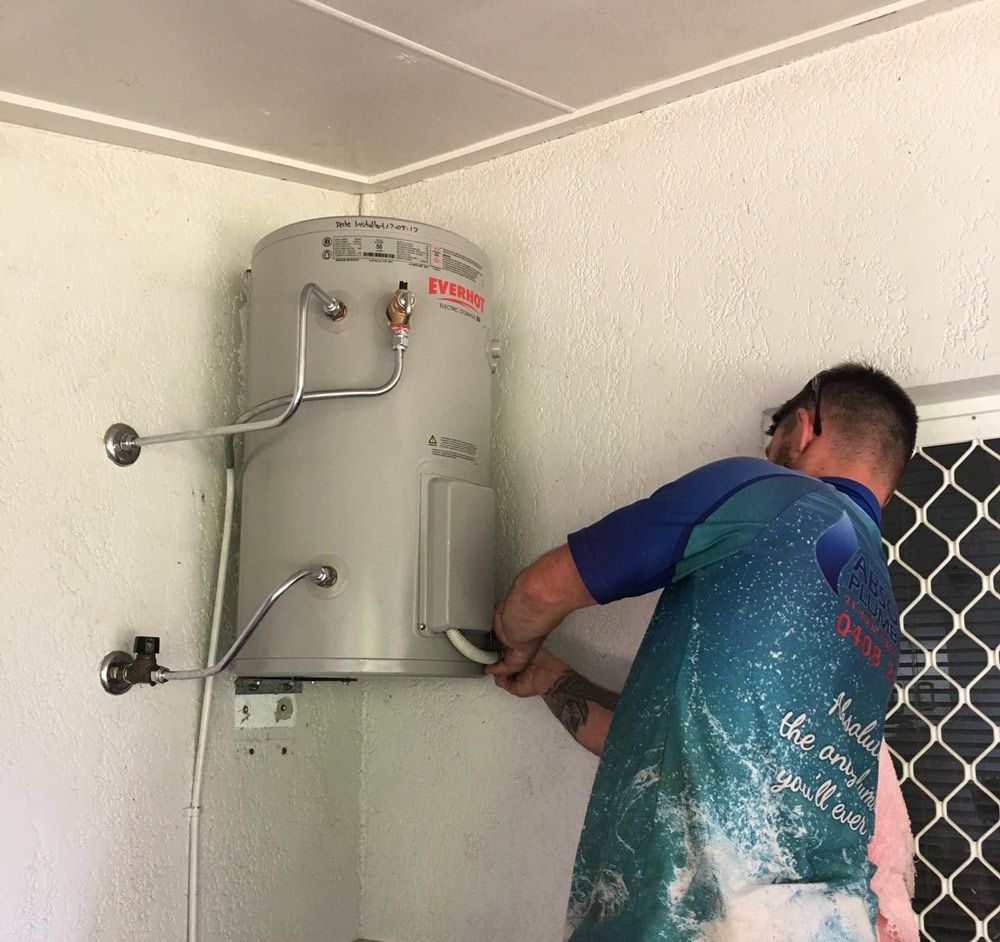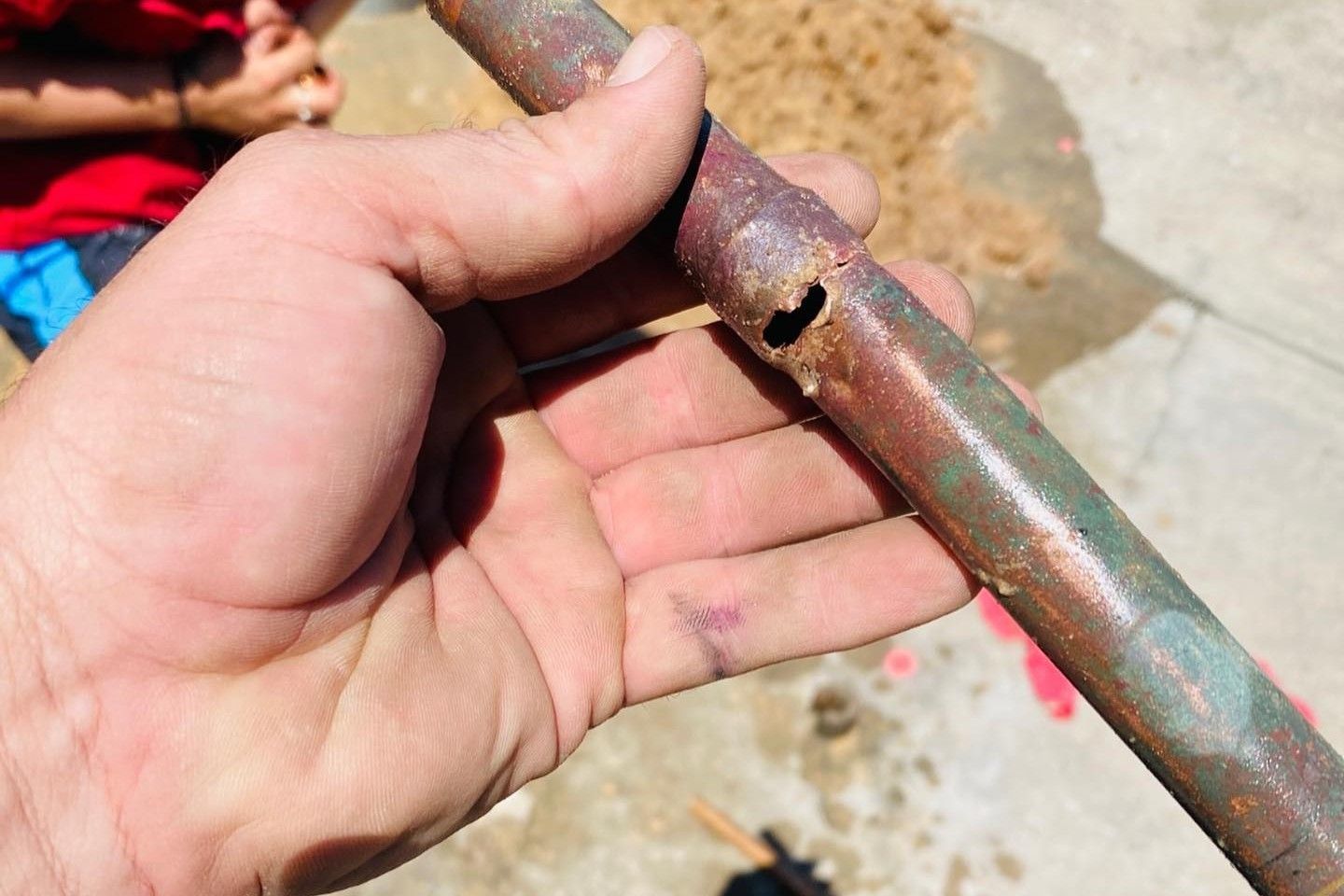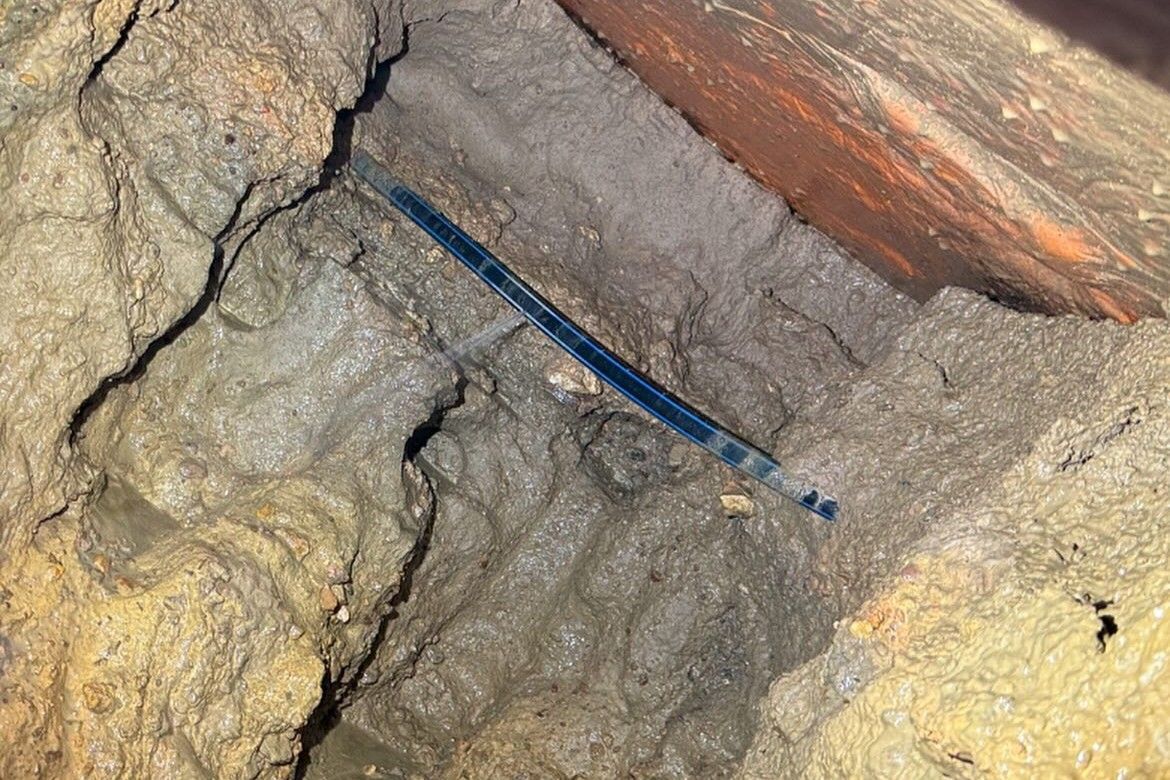4 Common Plumbing Emergencies And How To Avoid Them
Plumbing emergencies always seem to happen at the worst times—whether you’re hosting a family gathering, about to head out for the day or in the middle of the night. These sudden issues can cause significant damage and disruption, leaving you scrambling to find a solution. However, the right preventive measures can avoid many of these emergencies. In this blog, we’ll explore four of the most common plumbing emergencies and how to prevent them from becoming a costly headache.

1. Burst Pipes
A burst pipe is one of the most catastrophic plumbing issues a homeowner can face. The damage can be extensive, with water flooding your home and potentially ruining your walls, flooring and belongings. This issue often occurs in older homes or when water pressure is too high, putting stress on pipes over time.
Tips To Avoid Burst Pipes:
- Check for signs of wear: Rust, cracks and corrosion in your pipes can be early indicators of a potential burst. Regular inspections, especially in older homes, are essential.
- Monitor your water pressure: Excessively high water pressure can weaken pipes. Use a pressure gauge to check your levels and install a pressure regulator.
- Insulate your pipes: Cold weather can cause pipes to freeze. Ensure exposed pipes are properly insulated.
2. Blocked Drains & Toilets
Blocked drains and toilets are a common issue and while they might seem like an inconvenience, they can quickly turn into a significant problem if not addressed promptly. Common causes include the build-up of hair, soap scum, grease and foreign objects.
How To Avoid Blocked Drains & Toilets:
- Be mindful of what you flush: Avoid flushing anything other than toilet paper. Items like wet wipes, sanitary products and tissues are frequent culprits of toilet blockages.
- Install drain strainers: These simple devices prevent hair and debris from going down the drain.
- Regular cleaning: Periodically get your drains cleaned by a professional plumber to help break down any accumulated grease or soap scum.
3. Hot Water System Failures
Nothing is more frustrating than waking up to a cold shower. Hot water system failures are not only inconvenient but can also be dangerous, especially if they involve gas systems or electrical faults.
How To Prevent Hot Water System Failures
- Service your system regularly: Schedule routine inspections and servicing for your hot water system. Regular maintenance can identify potential issues before they become emergencies.
- Monitor for signs of trouble: If your water isn’t heating properly, is discoloured or makes a strange noise, it’s time to call a plumber.
- Know the age of your system: Hot water systems typically last 10-15 years. If yours is approaching this age, it might be time to consider a replacement before it fails.
4. Leaky Taps & Fixtures
A dripping tap might seem like a minor annoyance, but it can lead to significant water waste and higher utility bills. Over time, leaky taps can also damage your fixtures and sinks.
Emergency Plumbing Tips To Avoid Leaky Taps & Fixtures:
- Replace worn-out washers & seals: Most leaks occur when the washers or seals in taps and fixtures wear out. Replacing these regularly can prevent leaks.
- Avoid over-tightening taps: Many people mistakenly over-tighten taps, which can damage the seals and cause leaks.
- Schedule inspections: Have a plumber inspect your fixtures periodically to ensure they’re in good working order.
Ready To Prevent Plumbing Problems? Reach Out Now!
At Absolute Plumbing Australia, we understand how stressful plumbing emergencies can be. The good news is that many of them are preventable with regular maintenance and the right approach. If you’re experiencing any of these issues or want to ensure your plumbing system is in top shape, get in touch with us today!









